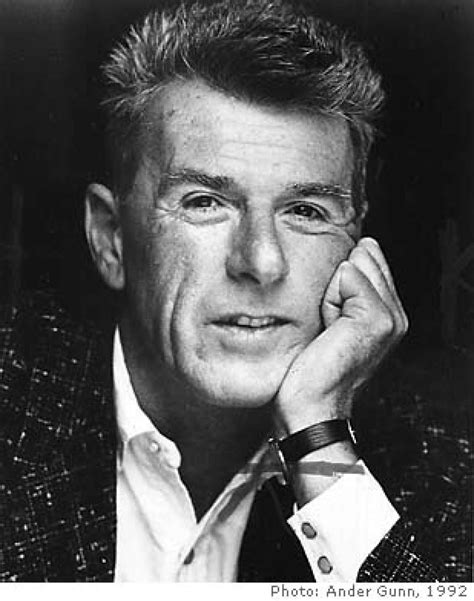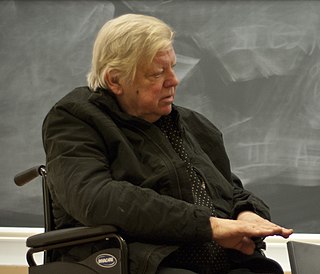A Quote by Van Morrison
[Jean-Paul] Sartre was a throwback to the existential period. I'm not really so much into that these days. I went through a period of going over things and looking at them again to see what they were. But I'm into psychiatry type things. I'm into philosophy. I'm into that sort of thing.
Related Quotes
This is the personal side of things. When I started going through some of those transitions in my mind, just as a human being versus as an artist, I tried to... Essentially, I did this thing called Landmark Forum. It's three days of mind-expanding, existential philosophy, like Jean-Paul Sartre for everyday living. In existential philosophy they talk about "Being and Nothingness," this idea of not putting meaning onto things, and that in that way you live more purely. In other words, we form reality from these stories that we make up about our lives.
I've taken people and fired them over a period of a year. I've fired them over a period of a month. I've fired them over a period of a day or a week, nice and easy, slow. The one thing that a firing always has in common is the next day they wake up and they hate Donald Trump, no matter how nice you are.
I can't honestly say where the inspiration for my work came from. I think it came from reading. It came from texts, from Nietzsche, Schopenhauer, it came from, you know, Jean-Paul Sartre. These are the ideas that got me worked up and inspired. It wasn't so much the visual things that inspired me. Although, of course, there were plenty of painters in history that I admired all the way from Brueghel to Goya, to Picasso - because everything visual stimulates me.
Jean-Paul Sartre said that France was freer than ever during the German occupation, when people had no choices but one: to collaborate or to resist. I'm not saying there was something good about that system. But the freest people I've ever met, or knew about, belonged to that period. For example, Musine Kokalari, an Albanian writer who dared to fight for political pluralism and free elections. She created the first social democratic party, despite knowing the high price she would have to pay.
People tend to set themselves up in patterns; something happens, it hurts them, then something similar happens, and - it's happened again! It seems much bigger then, and they get worried and go through life looking for that thing, and because they're so concerned and looking for it, when anything that happens resembles that thing, they're sure it's happening again. So sometimes people think things are repeating even when they're not.
When you start in the childhood period, when you begin to form a comic sense, it was the radio comedians - from the last days of radio and the first days of television. And Spike Jones. And the Marx Brothers. They represented anarchy. They took things that were nice and decent and proper, and they tore them to shreds. That attracted me.




































